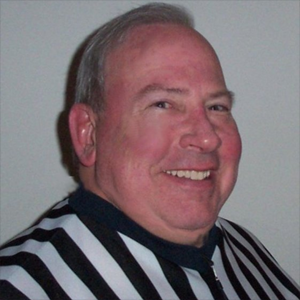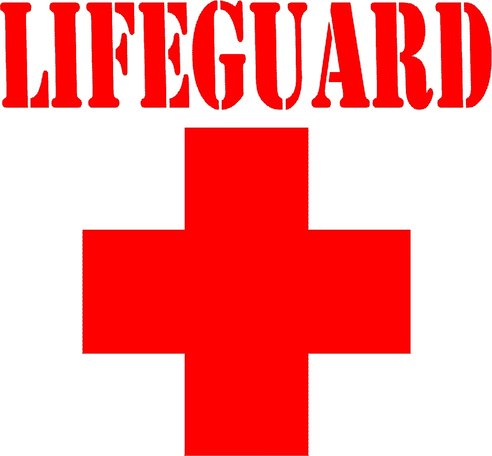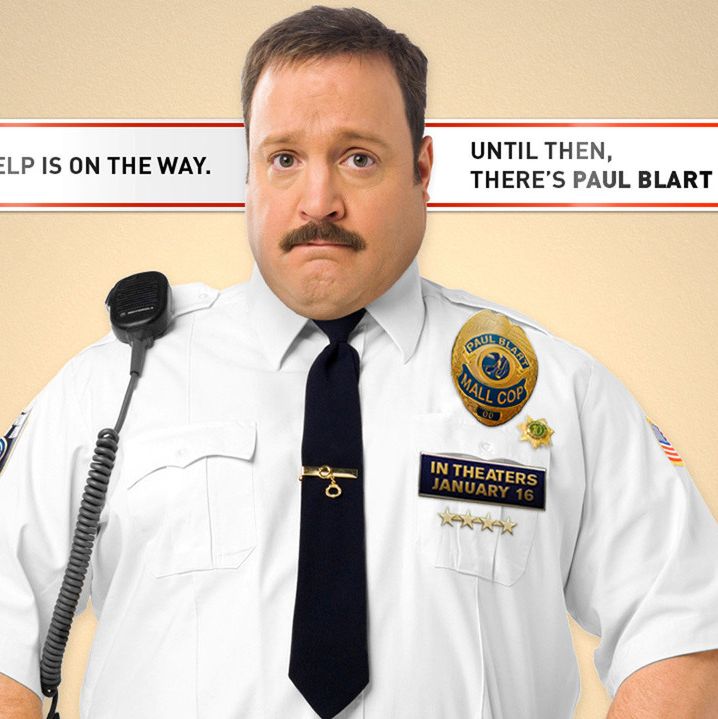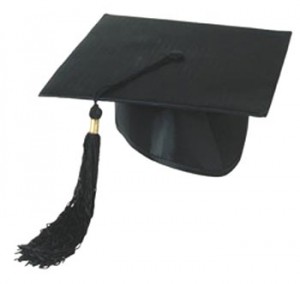
Rndballref
20 Years Experience
Chicago, IL
Male, 60
For twenty years I officiated high school, AAU and park district basketball games, retiring recently. For a few officiating is the focus of their occupation, while for most working as an umpire or basketball referee is an avocation. I started ref'ing to earn beer money during college, but it became a great way to stay connected to the best sports game in the universe. As a spinoff, I wrote a sports-thriller novel loosely based on my referee experiences titled, Advantage Disadvantage
It is impossible to say or even generalize/ For example the University of Illinois, a D1 Big Ten school had scholarship player Nnanna Egwu who was born in Nigeria and didn't play basketball until 8th grade. He was considered a "project" when he was offers a scholarship. He had a good, not stellar collage career and he is trying to play pro ball but has of yet not hooked on with a team in the NBA. By the way, in college Nnanna played at 6 foot 9. The problem with being 6'2" and 165 lbs is not many schools will take on a "project" who hasn't played much ball. A lot depends on how much time a player has to develop and where the development takes place. Seems to me that most well recruited middle schoolers or even high schoolers play for very competitive AAU teams. If you want to be the best, you have to compete with the best.
You can stack perpendicular to the throw in boundary line, but if the defense wants to step into a parallel stack room must be made.
Once the shot is released the 3 second restrictions are lifted. It is ok for a late whistle to call 3 seconds after the shot goes up IF the violation happened before the shot, and the official is just late in calling it. But it is an error if part of the 3 second violation occurs including time after the shot is released. The restrictions start again after the offensive team obtains team control with the ball in the front court.
It is also possible to be legally in the paint for 5 seconds with the ball. Here is how: a player catches the ball in the paint. You are counting 1, 2 . Before you get to three, the player dribbles toward the basket. You restart the count. If the player drives directly and shoots before the new 3 seconds then it is a legal play. If the dribbler reverses directions or stops, then it is three seconds.
3 seconds at the varsity level is a good example of preventive officiating. When a player is camped out in the lane, I want to warn him to move out a couple times unless he has gained the ball or a big rebounding advantage. "Move out, or keep moving out of the paint". After a couple warnings, then call it constantly. In my experience, the higher quality players need 3 seconds called rarely, whereas in middle school you need to call it regularly.
A referee can call a foul anytime during the game, as long as a foul has been committed. If there was no contact and no unsportsmanlike behavior then no foul should be called.
Lifeguard
 Did you ever have to perform CPR or mouth-to-mouth on a swimmer?
Did you ever have to perform CPR or mouth-to-mouth on a swimmer?
Security / Bodyguard
 Are you expected to take a bullet that's meant for someone you're guarding?
Are you expected to take a bullet that's meant for someone you're guarding?
MBA Student
 Is business school a party compared to law or med school?
Is business school a party compared to law or med school?
Usually this would be incidental and not called, UNLESS your arms flailing whack the defender.
The NBA is different than NFHS because in high school players are supposed to wait until the ball hits the ring or backboard. In the NBA they can move on the release.
It is a violation for a player to leave the floor for an unauthorized reason. The ball is dead when the player goes out of bounds and is awarded to the opposite team.
-OR-
 Login with Facebook
Login with Facebook (max 20 characters - letters, numbers, and underscores only. Note that your username is private, and you have the option to choose an alias when asking questions or hosting a Q&A.)
(A valid e-mail address is required. Your e-mail will not be shared with anyone.)
(min 5 characters)
By checking this box, you acknowledge that you have read and agree to Jobstr.com’s Terms and Privacy Policy.
-OR-
 Register with Facebook
Register with Facebook(Don't worry: you'll be able to choose an alias when asking questions or hosting a Q&A.)